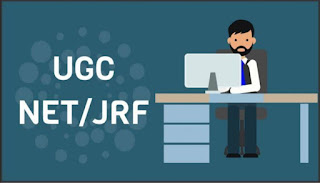Opportunity Cost inEconomics
When you hear the term "opportunity cost," you are hearing a fancy word for "trade-off." Every time you make a choice, there is a trade-off to consider. You must analyze what you are gaining as well as what you may be giving up. The most basic definition of opportunity cost is the price of the next best thing you could have done had you not made your first choice. Some economists like to break down opportunity costs into explicit and implicit.
Explicit Opportunity Cost
If you own a restaurant and you add a new item to the menu that requires $30 in labor, ingredients, electricity, and water, your explicit opportunity cost is what you could have done with that $30 had you not decided to add the new item to the menu. You could have given that $30 to charity, spent it on clothes for yourself, or added a different menu item.
Implicit Opportunity Cost
Implicit opportunity costs often concern resources other than money. It's not a direct cost, but rather the lost opportunity to generate income through those recourses. If you have a second house that you use as a vacation home, for instance, the implicit opportunity cost is the rental income you could have generated if you leased it to tenants and collected monthly checks (instead of using it for your own family). It doesn't cost you anything upfront to use the vacation home yourself, but you are giving up the opportunity to generate income from the property.





